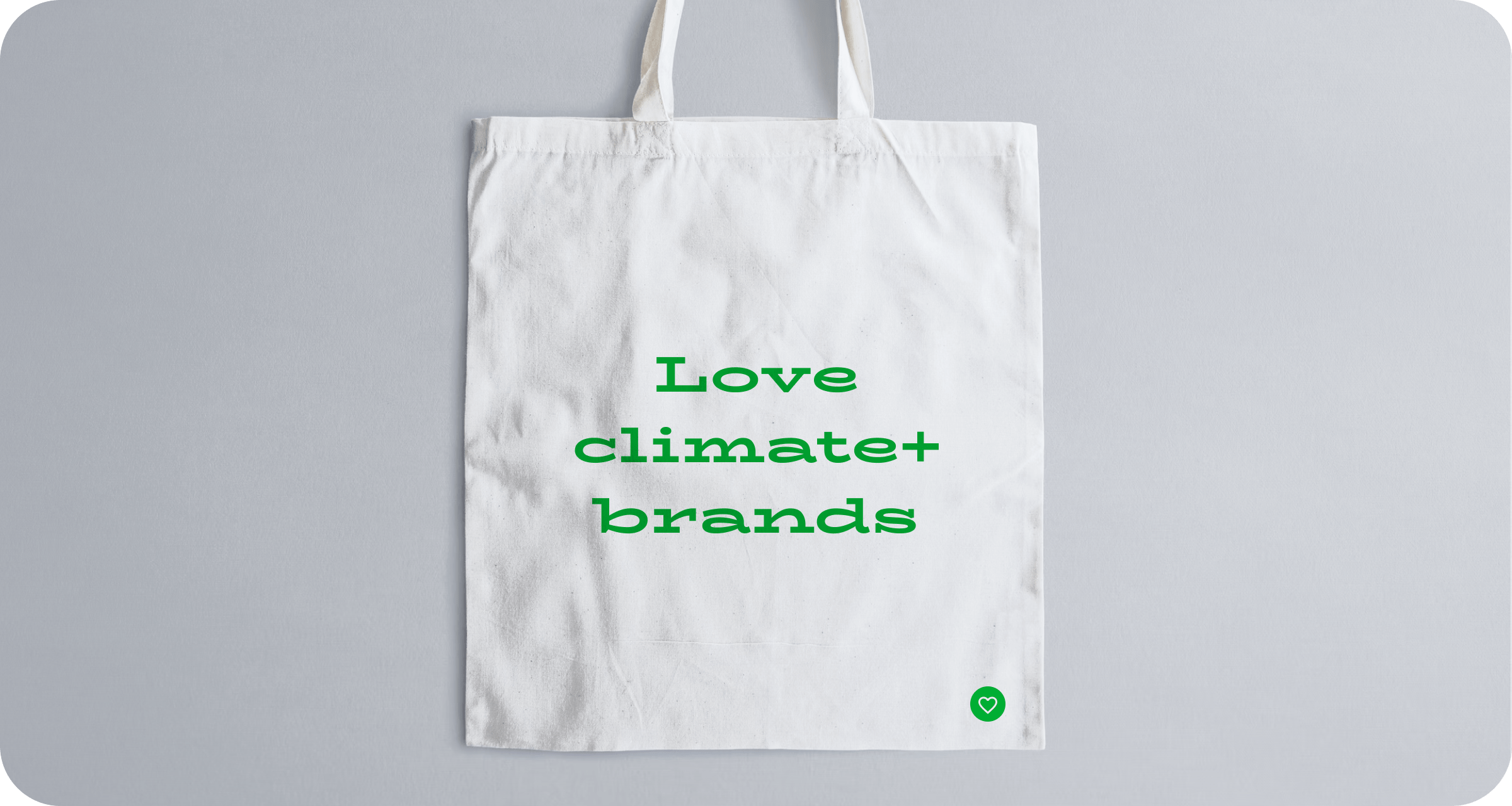

"I want to do my bit for climate change, but I’m just one person! How can I ever have an impact?" This is the question so many of us ask ourselves. This is why at WEF’s Davos 2025, Lune took to the stage to debate how to maximise climate impact.
This session featured Renée LaPlante, Founder of Decarbonista and co-author of Decarbonista: A Refreshing Guide to Climate Savvy Living, and Erik Stadigh, co-founder and CEO of Lune. Moderated by Libby O’Loghlin, climate tech co-founder and also co-author of the Decarbonista guide.
It delved into individuals' roles in combating climate change, both in personal lives and the workplace. Below we share their key takeaways.
Can individual actions in life, home, and play effectively tackle climate change?
Renée LaPlante emphasized the significance of personal impact in addressing environmental issues. She stated, "Household emissions directly and indirectly account for around ⅔ of global greenhouse gas emissions." LaPlante argued that when individuals adopt climate savvy practices, they not only reduce their own carbon footprints but also inspire ripple effects in businesses, communities and encourage others to follow suit.
Erik Stadigh acknowledged the value of individual actions but highlighted their limitations. He remarked, "While personal efforts are commendable, the scale of change required to combat climate change necessitates systemic transformations that go beyond individual habits." Stadigh suggested that focusing solely on personal actions might lead to complacency, diverting attention from the need for broader policy changes and corporate accountability.
What role can employees play in corporate sustainability?
LaPlante recognised the presence of dedicated sustainability teams within companies but encouraged employees at all levels to engage proactively.

By doing so, employees can amplify their impact beyond their personal lives, and influence organisational culture and operations.
Stadigh concurred, adding that employees possess unique insights into their company's processes and can uniquely identify opportunities for improvement. He stated, "Employees are the eyes and ears of an organisation. Their involvement can lead to innovative solutions that align with both environmental objectives and business goals." He emphasised that fostering a culture where sustainability is integrated into every department can drive significant change.
Beyond compliance: How can companies enhance their sustainability efforts?
Addressing the topic of corporate sustainability reporting, LaPlante stressed the importance of moving beyond mere compliance. She said, "Submitting reports like the CSRD is a good start, but companies should view them as a baseline, not the pinnacle of their environmental efforts." She advocated for setting ambitious targets, transparently communicating progress, and engaging stakeholders in sustainability initiatives.
Stadigh highlighted the role of innovation in advancing corporate sustainability. He mentioned, "Companies have the resources to invest in research and development for sustainable technologies and practices." By leveraging their capabilities, businesses can lead the way in reducing emissions and promoting environmental stewardship, setting industry standards that others may follow.
Subscribe for the latest insights into driving climate positivity
How can we overcome public apathy towards climate action?
LaPlante acknowledged the challenge of public disengagement but remained optimistic. She observed, "People often feel powerless, thinking their actions don't matter. However, when they intimately understand our collective climate problem through the lens of their own lives, it becomes easier to see how to achieve tangible results from collective efforts, and it can reignite their commitment." She suggested community-based projects and educational campaigns to demonstrate the impact of individual contributions.
Stadigh pointed out that systemic barriers often hinder individual participation. Addressing these issues through policy changes, infrastructure development, and transparent communication can empower individuals to take meaningful action.

Is corporate greenwashing undermining genuine sustainability efforts?
The panellists agreed that greenwashing poses a significant threat to authentic climate action. LaPlante cautioned, "When companies make superficial environmental claims without substantive actions, it erodes public trust and undermines genuine efforts."
Stadigh added that consumers and employees play a crucial role in holding companies accountable. He stated, "Stakeholders should demand evidence of sustainability commitments and be vigilant against misleading claims." They both called for stricter regulations and accountability measures to ensure corporate transparency. By fostering a culture of accountability, society can discourage greenwashing and promote genuine environmental responsibility.
Three ways individuals maximise climate action
The debate underscored that while individual actions are essential, they must be complemented by systemic changes within all types of organisations and broader society. Climate action isn’t an either/or choice between home and work—it’s about using your influence wherever you can.
- Leverage your role to push for sustainable procurement or emissions tracking.
- Shift spending habits by slowing consumption and also choosing climate-conscious suppliers.
- Make sustainability part of daily home, investment and work activities to build momentum and drive change.
In conclusion, the most effective climate action is the one you actually take." We’d like to thank Renée, GreenUp Switzerland and the Climate Hub team in Davos for organising a great event! For more insights into maximising climate action, subscribe to Lune’s newsletter.

Readers also liked
Readers also liked



